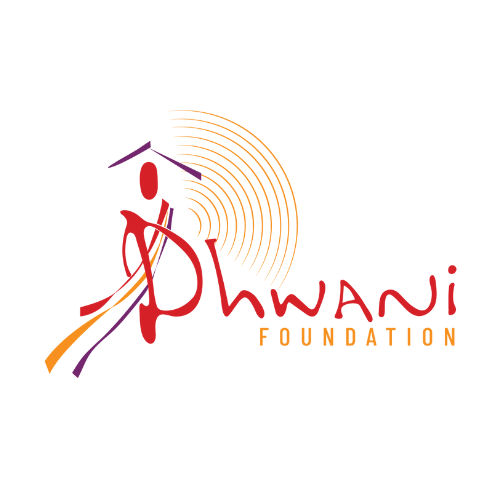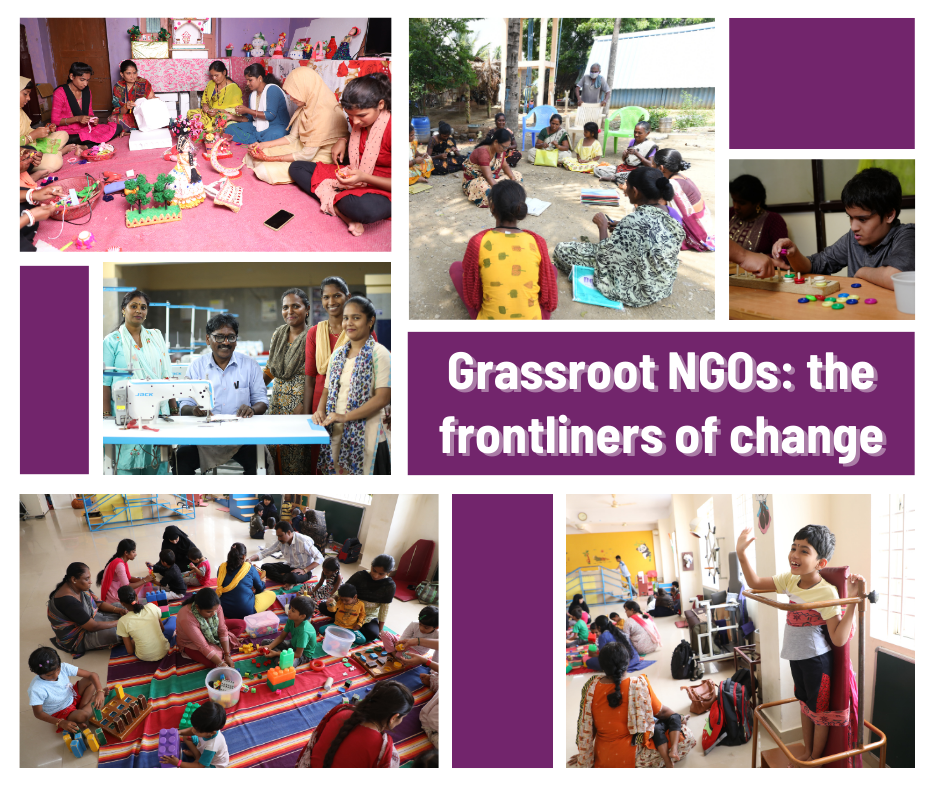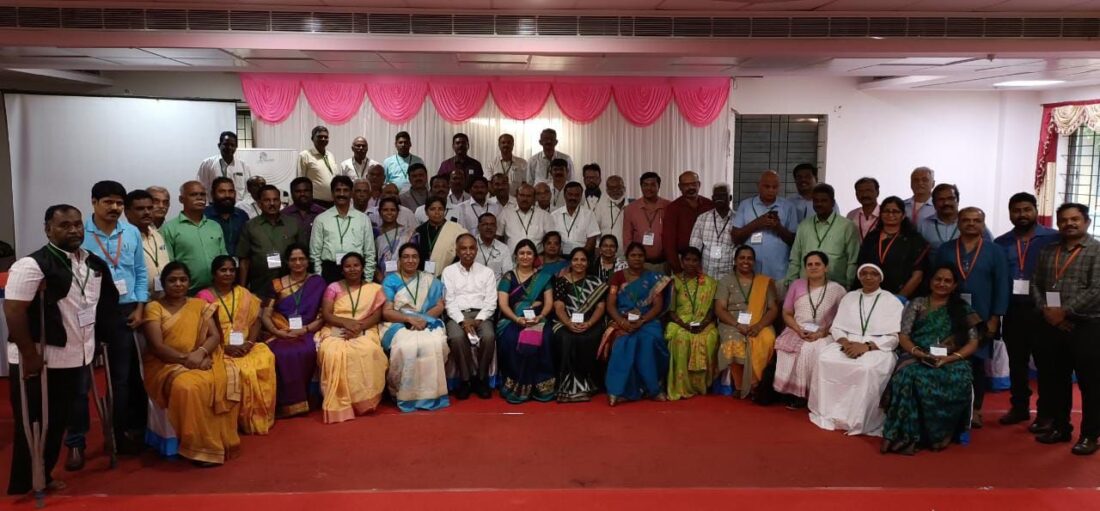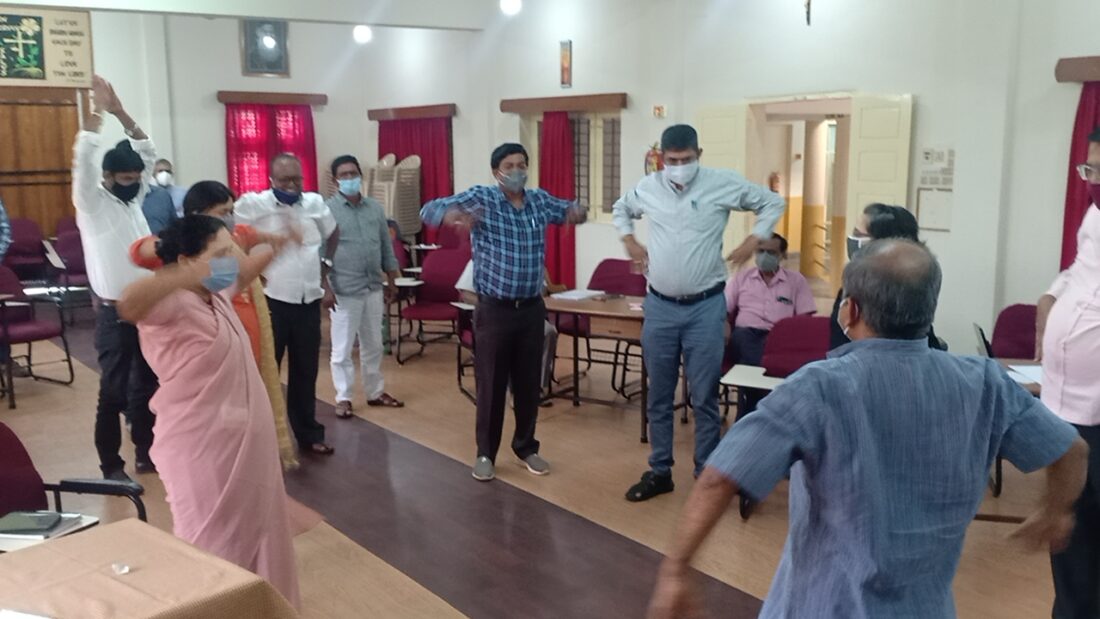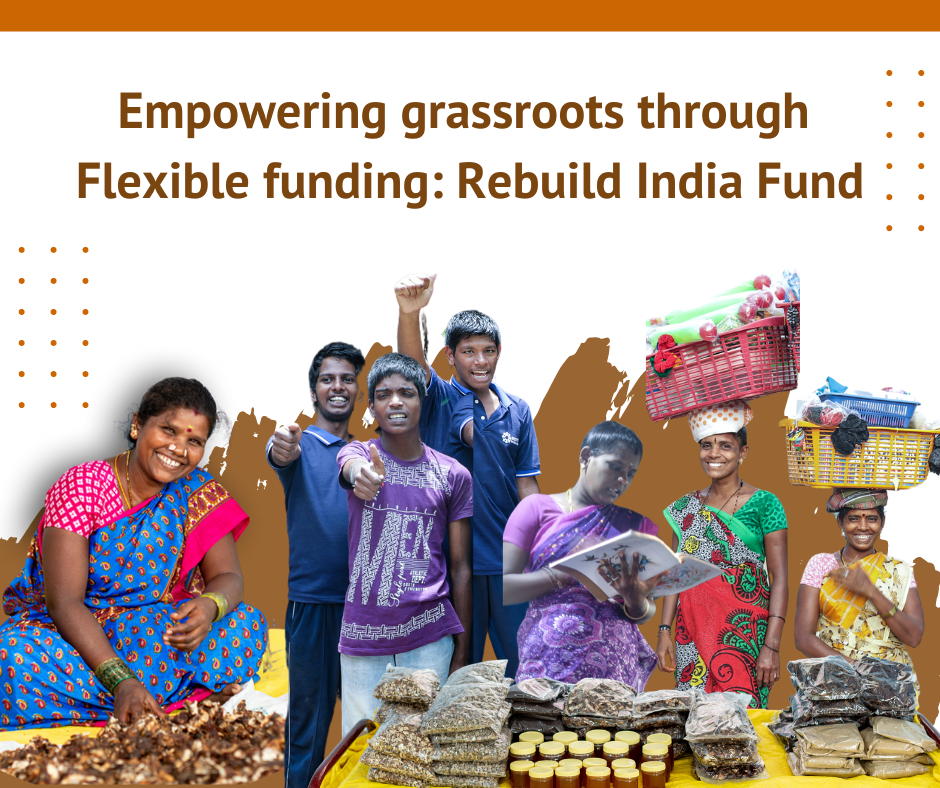
Empowering grassroots through Flexible Funding: Rebuild India Fund
Organizational Development, once overlooked by donors and grant makers, has undergone a transformative shift. Today, it not only commands attention in the form of dedicated funds but has paved the way for a spectrum of flexible funding options. With many new initiatives in OD, flexible or unrestricted funding is proving to be another effective approach for remarkable developmental successes within the NGO sector. While still countable, these adaptable funds empower grassroots NGOs, encourage innovative approaches to development. The Rebuild India Fund stands out as a noteworthy example of one such initiative empowering grassroots through flexible funding. In this article, we delve into the essence of the Rebuild India Fund and showcase a selection of our Niranthara partners who have harnessed the fund in diverse and impactful ways.
Rebuild India Fund is a collaboration of Dasra and Tarsadia Foundation to promote organizational development through revolutionized funding. It is an initiative aimed at catalysing positive change through capacity building of grassroots organisation and construct a sustainable ecosystem. In a broader perspective, Rebuild India Fund is looking from the bottom-up angle of the social sector development pyramid and is promoting creativity in fund utilization approaches and bring innovation in donation concepts.
Rebuild India Fund aims to support 100 new grassroots NGOs every year by providing a fund of Rupees 10 Lakh annually, up to 5 years. That accounts to Rupees 50 Lakh support to each grassroot NGO in a term of 5 years. This fund is provided for the use of organizational development of grassroots NGOs who otherwise struggle to invest on organizational capacity building due to lack of funds.
Dasra, renowned for its expertise in strategic philanthropy, brings a wealth of knowledge and experience to the table, while the Tarsadia Foundation’s commitment to social impact amplifies the Fund’s reach and effectiveness. The Rebuild India Fund operates on the belief that meaningful change requires a multi-dimensional approach and strategic partnerships.
The Rebuild India Fund was initiated in April 2021 as a response to the critical situation during the peak of the Covid pandemic in India. Back then it started off as a campaign called #Backthefrontline that aimed to support 150+ grassroots NGOs and enable continuity in of their work of strengthening vulnerable communities, during the pandemic.
In less than a year, the campaign successfully raised over $10 million, which was disbursed to 152 NGOs across 30 states and union territories in India. This support has made a significant impact, touching the lives of over 2.9 million individuals.
Acknowledging the enduring aftereffects that Covid would impose on the country’s vulnerable and marginalized communities, and emphasizing the importance of solidarity, Dasra and Tarsadia Foundation decided to broaden the Rebuild India Fund’s objectives. The fund transformed into a comprehensive platform that not only offers relief but also advocates for local empowerment, providing opportunities for individuals to wield influence, exercise agency, and take on leadership roles.
In the present scope, Rebuild India Fund is focused on ensuring grassroots capacity enhancement. The fund has extended its support in a strategic method to 100 grassroots NGOs each year. With 10 lakh each year, NGOs have started coming up with innovative methods to use the funds. The Rebuild India Fund is an effort to bring about a perspective of holistic development within grassroot NGOs. The nature of it being called flexible is to liberate the minds of grassroots leaders and promote unconventional and creative approaches of organization development that would help them serve their communities meaningfully.
The initiative aims to go beyond immediate relief efforts, focusing on sustainable solutions that empower grassroots and build resilience against future challenges.
Another unique feature of this initiative is the selection process which is both meticulous and inclusive, aligning with the initiative’s commitment to impact and sustainability. The robust framework considers various factors to identify NGOs that demonstrate exceptional potential for creating meaningful change at the grassroots level.
One of the key assessment criteria is assessing the leadership capabilities of the grassroot NGO, their commitment, their belief, and their involvement with the community. A strong grassroots leader, or proximate leader as this programme terms them, hold the capacity to bring real impact and sustain it. The programme employs a distinctive approach to identify grassroots, community-centred, and underfunded organizations. This method strongly prioritizes leaders who have a close connection to or come from the vulnerable communities that they are primarily working with, emphasizing a transformation anchored in Gender, Equity, Diversity, and Inclusion.
Even the ranking process is based on these key principles:
- Leadership’s direct lived experiences in the communities they serve.
- Community centered programme design
- Assessment of the vulnerability of the communities served, with a specific focus on intersectionality, considering factors such as gender, caste, geography, religion, disability, and socio-economic status.
Sourcing: Dasra works with a vast network connected to grassroots organisations. Recommendations for organizations come from NGO networks actively engaged with NGOs throughout India.
Ranking and eligibility: Upon shortlisting a few, an assessment of leadership strength, community centricity, vulnerability, compliance, and annual budget of the NGOs are detailed out for checking eligibility and ranking. Further, the results are reviewed by an independent Investment Committee for final review and selection process.
Selection: Upon review of the key assessments’ angles, the final selection of the cohort is done by Rebuild India Fund’s Investment Committee comprising of diverse members.
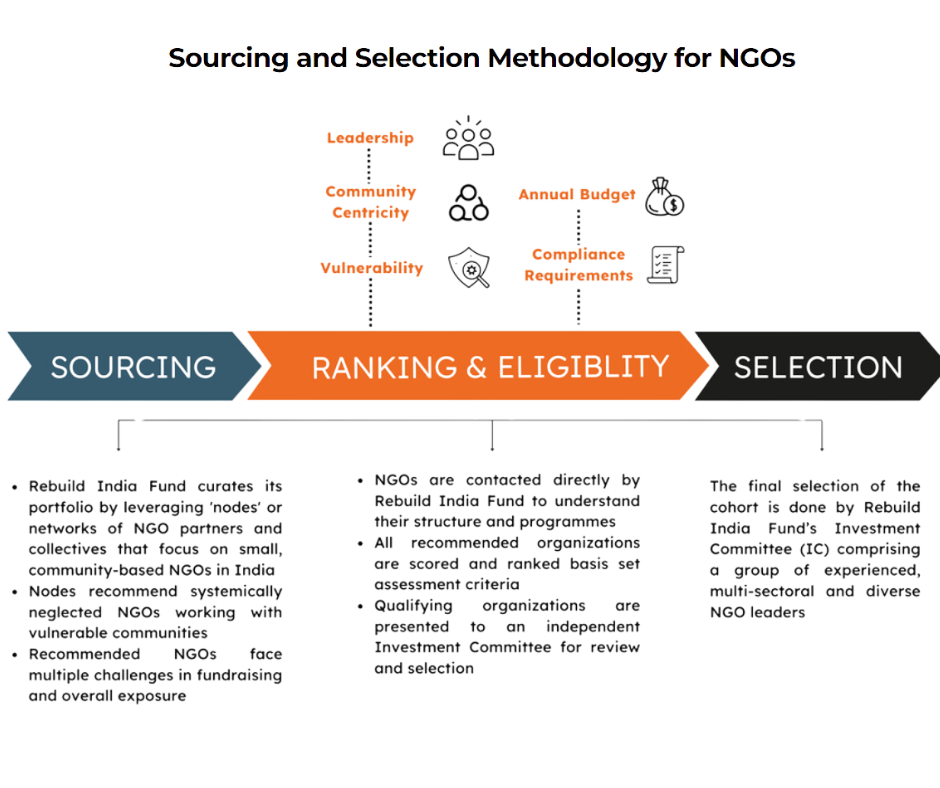
Vanavil Trust, a grassroots NGO operating in the district of Nagapattinam in Tamil Nadu, is dedicated to uplifting the education of children from the Boom Boom Mattikarars and Narikuravars nomadic tribes. These communities, historically overlooked, face challenges accessing formal education. Vanavil Trust, with its 17 years of commitment, runs schools and women care centres in the Nagapattinam district, relying on 60-75% funding from individual donors and small CSR institutions. In 2022, Vanavil became part of the inaugural cohort of the Rebuild India Fund, securing a flexible fund of Rupees 10 lakh per year. The first year saw strategic utilization, highlighted by Revathi Radhakrishnan, the Managing Trustee, during the Rebuild India Fund partners’ meet organized by Dhwani and Dasra.
To ensure compliance and efficiency across multiple interventions of Vanavil Trust, a dedicated Compliance Manager was hired, funded by 25% of the Rebuild India Fund. The second investment focused on research concerning nomadic communities, aiming to document valuable information for strengthening initiatives and influencing future interventions as no prior data is available on the nomadic communities.
21% funds allocated for fundraising and marketing initiatives facilitated the establishment of social media channels and websites, creating networking opportunities that translated into fundraising success. A donor management CRM tool, utilizing 9% of the fund, streamlined donor data for efficient management.
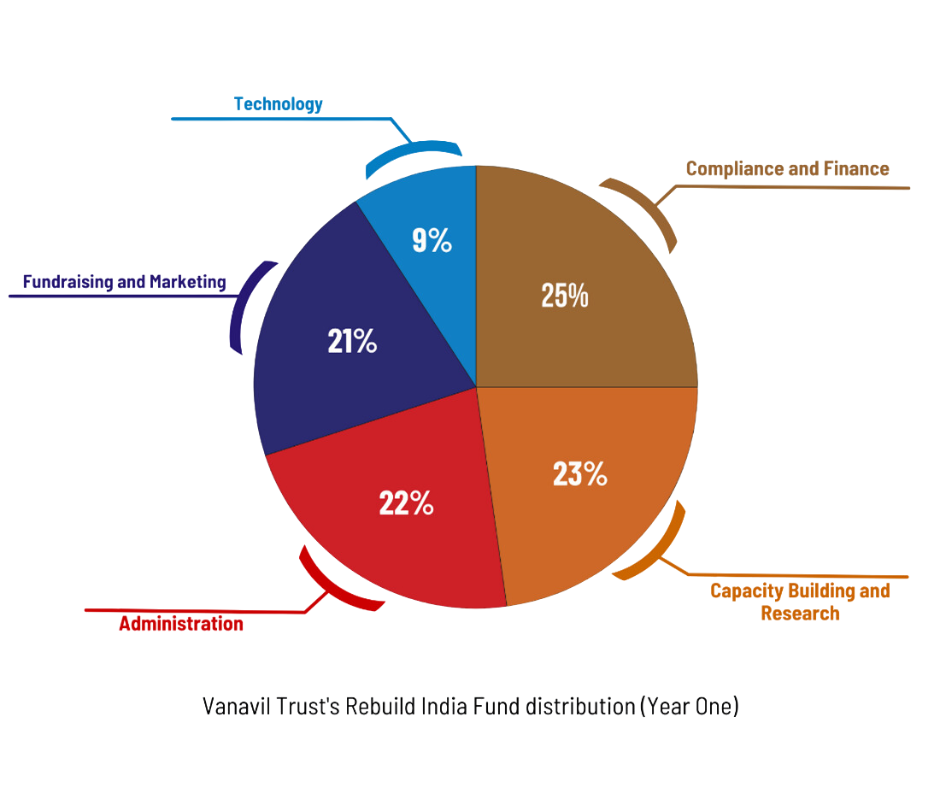
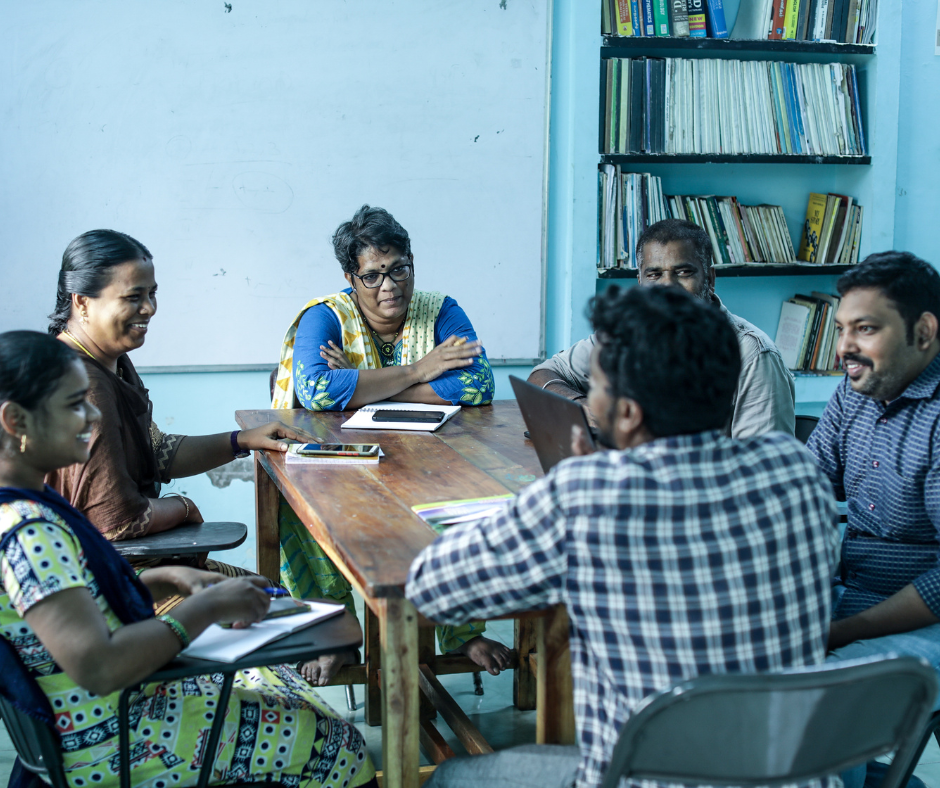
Being a Rebuild India Partner significantly expanded Vanavil’s horizons. During the Rebuild India philanthropy week, a notable donation from Chintu Gudiya Foundation was secured, enabling projects addressing academic weaknesses leading to school dropouts among nomadic students in the 9th grade.
Vanavil’s recognition as a partner has not only opened doors for increased networking and opportunities from donors but has also garnered recognition among top Indian CSR entities.
Established in 2002, RDC (Rural Development Council) was founded with the purpose of uplifting and improving the living conditions of tribal communities in Denkanikottai, Krishnagiri district. The marginalized Dalit and Irula Adivasi communities faced significant challenges in accessing basic amenities, contributing to their social exclusion.
RDC envisions a society marked by equality, where indigenous Adivasi communities lead dignified lives and have access to livelihood resources, including customary rights over forests and lands. The organization is committed to securing basic human rights, with a particular focus on the rights of children and women in various socio-economic, cultural, and political realms.
RDC dedicated a portion of the Fund, to amplifying the digital presence of the organization’s supported social enterprise, “Melagiri Natural Products.” This included setting social media presence and the acquisition of a business WhatsApp account. The fund played a pivotal role in facilitating the registration of the tribal social enterprise, opening avenues for marketing endeavours that not only attracted clientele but also generated an income of 1 lakh rupees.
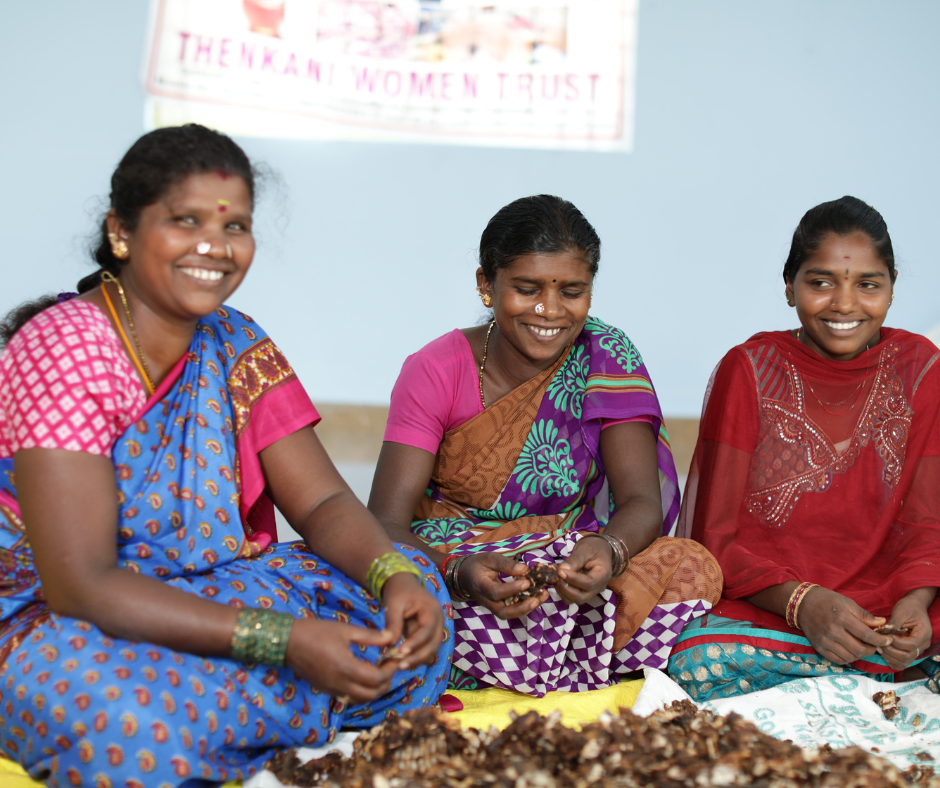
In a noteworthy enhancement of organizational operations, the fund supported the recruitment of three key staff members—a fundraiser, a documentation officer, and a field organizer. The introduction of webmails for all staff members added a layer of professionalism, streamlining the organization’s day-to-day functioning.
The fund’s impact extended further when RDC strategically partnered with TRIFED and TWD, sending representatives to attend international meetings. This venture resulted in impactful networking, forging valuable contacts in Bangalore and Chennai.
Taking an innovative approach, RDC allocated funds for the renovation of office infrastructure—a crucial element in creating a lasting impression. This investment not only enhanced the physical workspace but also contributed to the organization’s overall professional image. The multifaceted utilization of the Rebuild India Fund by RDC reflects a commitment to fostering growth, sustainability, and impactful change within both the organization and the communities it serves.
Sristi Foundation is dedicated to enhancing the lives of intellectually and mentally challenged individuals in rural Tamil Nadu. G. Karthikeyan, the founder of Sristi Foundation, shared the impactful journey of utilizing the Rebuild India Fund to expedite the establishment of an early intervention centre for autistic children. Karthikeyan, a psychologist himself, understands the importance of early interventions needed in the lives of autistic children and had long been a dream for Sristi Foundation, but delays in government funding prompted them to explore alternative avenues.
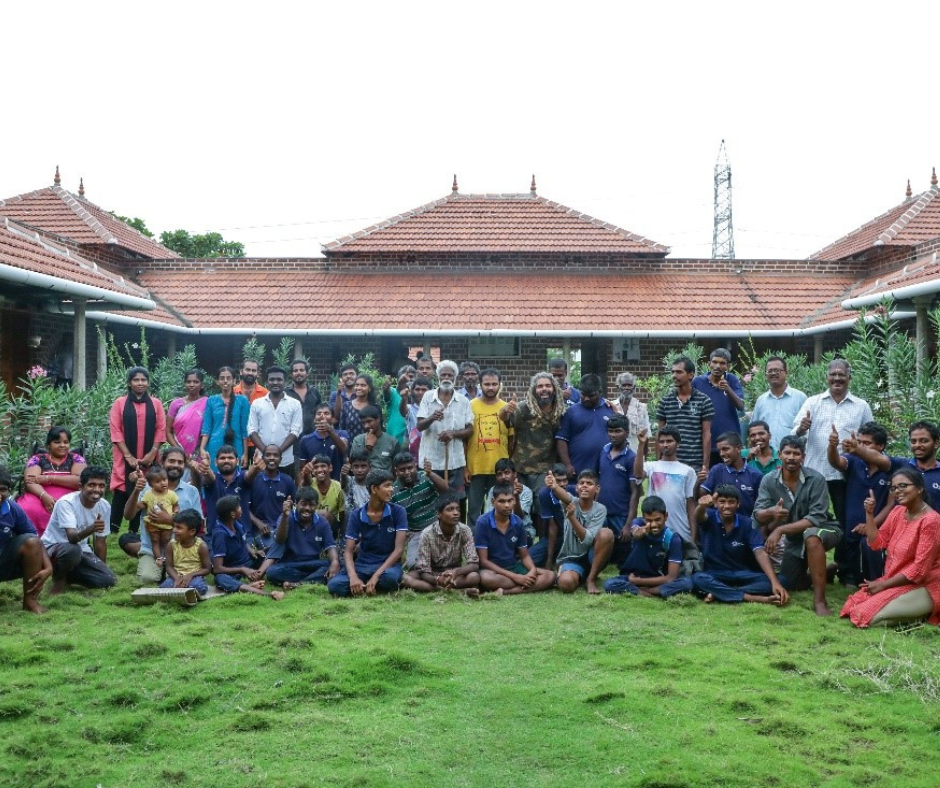
Upon applying for and securing the Rebuild India Fund, the entire first-year allocation was invested in realizing the vision of the Early Intervention Center. Karthikeyan, as a grassroots NGO leader, emphasized the empowerment derived from having unrestricted funding, amounting to 50 lakhs, which can be flexibly employed based on evolving needs. Sristi Foundation plans to use this funding to gradually hire new talent, including dedicated Program Managers, enhancing their capacity to serve the community effectively.
Kartikeyan emphasises the value of networking as a Rebuild India Partner, emphasizing how it has proven to be advantageous.
Kartikeyan emphasises the value of networking as a Rebuild India Partner, emphasizing how it has proven to be advantageous. The partnership not only provided financial support for a critical project but also opened avenues for collaboration and connections within the philanthropic ecosystem. This collaborative approach is instrumental in achieving Sristi Foundation’s mission and fostering sustainable impact for intellectually and mentally challenged individuals in the region.
Flexible fund is a great advantage for grassroots NGOs that struggle to raise funds for community projects. Given no restrictions, sometime grassroot leaders do not understand where and how to spend the money. The three grassroots stories being few examples of the Rebuild India Fund utilization, we are looking forward to more innovative approaches this fund will be utilized.
According to Dasra’s initial analysis, 52% grassroot organisations spend the Rebuild India Fund on indirect and long term means of organisational development like building communication channels, leadership networking and capacity building, MIS, donor management tools, translators, documentation and research person, mental well-being of staff, organising seminars, and networking events.
Other partners have utilized the Rebuild India Fund towards sustainability of their interventions such as starting mini enterprises of the community members, providing stipend to volunteers, schemed sponsorships for tribal students willing to take public service examinations etc.
The flexible funding is inspiring grassroots NGOs to think in a liberated and creative perspective. One that can help them develop as development sector professionals while being grounded in the community, which is much needed to sustainability. Rebuild India partners are encouraged to think holistically about organisational development through this fund. Moreover, the Rebuild India Fund embodies the belief that systemic change requires collective action. By bringing together diverse stakeholders, including government bodies, NGOs, corporate entities, and local communities, the initiative seeks to create a powerful network of change agents. The underlying philosophy is rooted in the idea that collaboration enhances the impact of interventions, leading to more effective and scalable outcomes.
